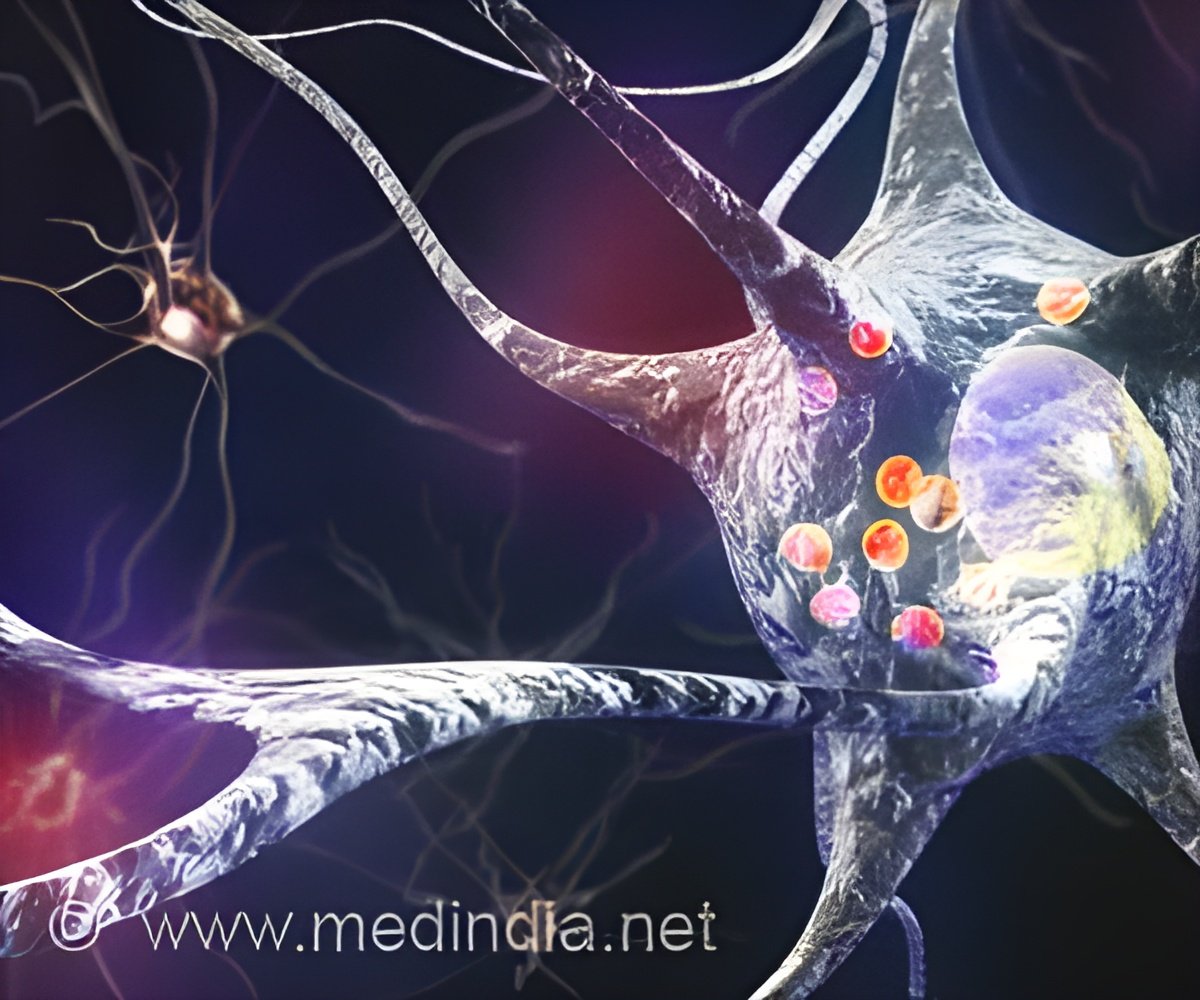Hormone receptors work together to regulate brain function and prevent neurodegenerative diseases.

Hormone Receptors: Key to Brain Health
The study led by Professor Jan-Åke Gustafsson and colleagues at the University of Houston and Karolinska Institutet demonstrated that liver X receptors (LXRs) and thyroid hormone receptors (TRs) interacted with each other in an unrecognized manner to regulate brain functions and to protect against neurodegeneration.‘Activated liver X receptors (LXRs) can improve memory in Alzheimer’s disease. #hormonereceptors #brain #medindia’





The research was published in the October 2024 issue of Genomic Psychiatry.
"Our analysis reveals that LXRs and TRs don't represent parallel pathways but rather constitute a single pathway through which the thyroid hormone endocrine system regulates cholesterol homeostasis," explains Professor Margaret Warner, one of the study's lead authors. "This discovery could fundamentally change how we approach treatment for various neurodegenerative conditions."Key findings include:
- LXRs play a crucial role in regulating thyroid hormone function in the brain
- Both receptors are essential for normal brain development and maintenance
- Loss of LXR function leads to age-related neurodegeneration in multiple brain regions
- The receptors work together to maintain cholesterol balance in the brain
Therapeutic Potential for Neurodegenerative Diseases
The review highlights several promising therapeutic implications:- Alzheimer's Disease: LXR activation could help reduce amyloid plaque formation and improve memory
- Parkinson's Disease: LXR signaling appears to protect dopamine-producing neurons
- ALS: LXRs influence motor neuron survival and function
- Multiple Sclerosis: The receptors play crucial roles in myelin repair and maintenance
Source-Eurekalert















